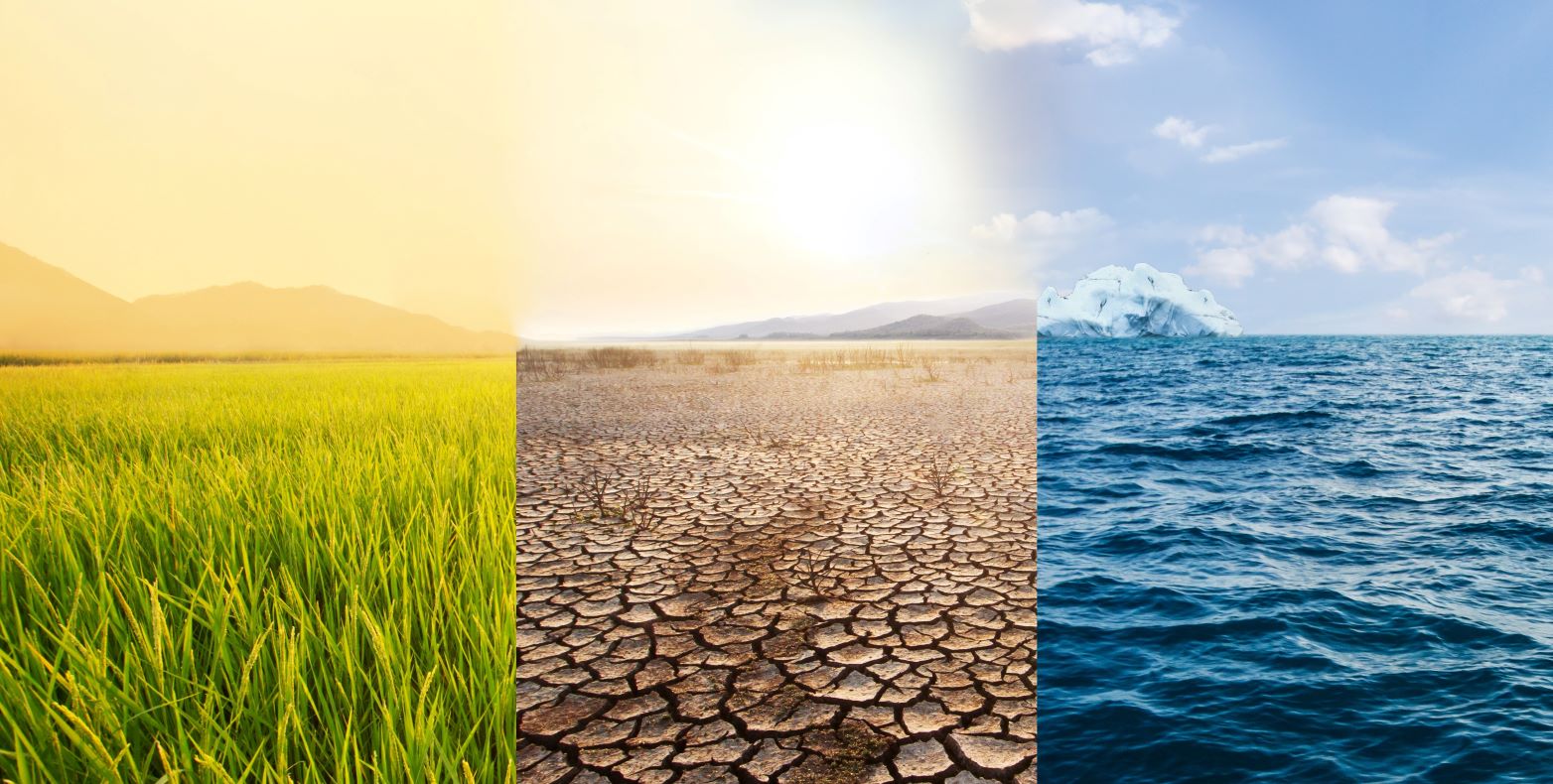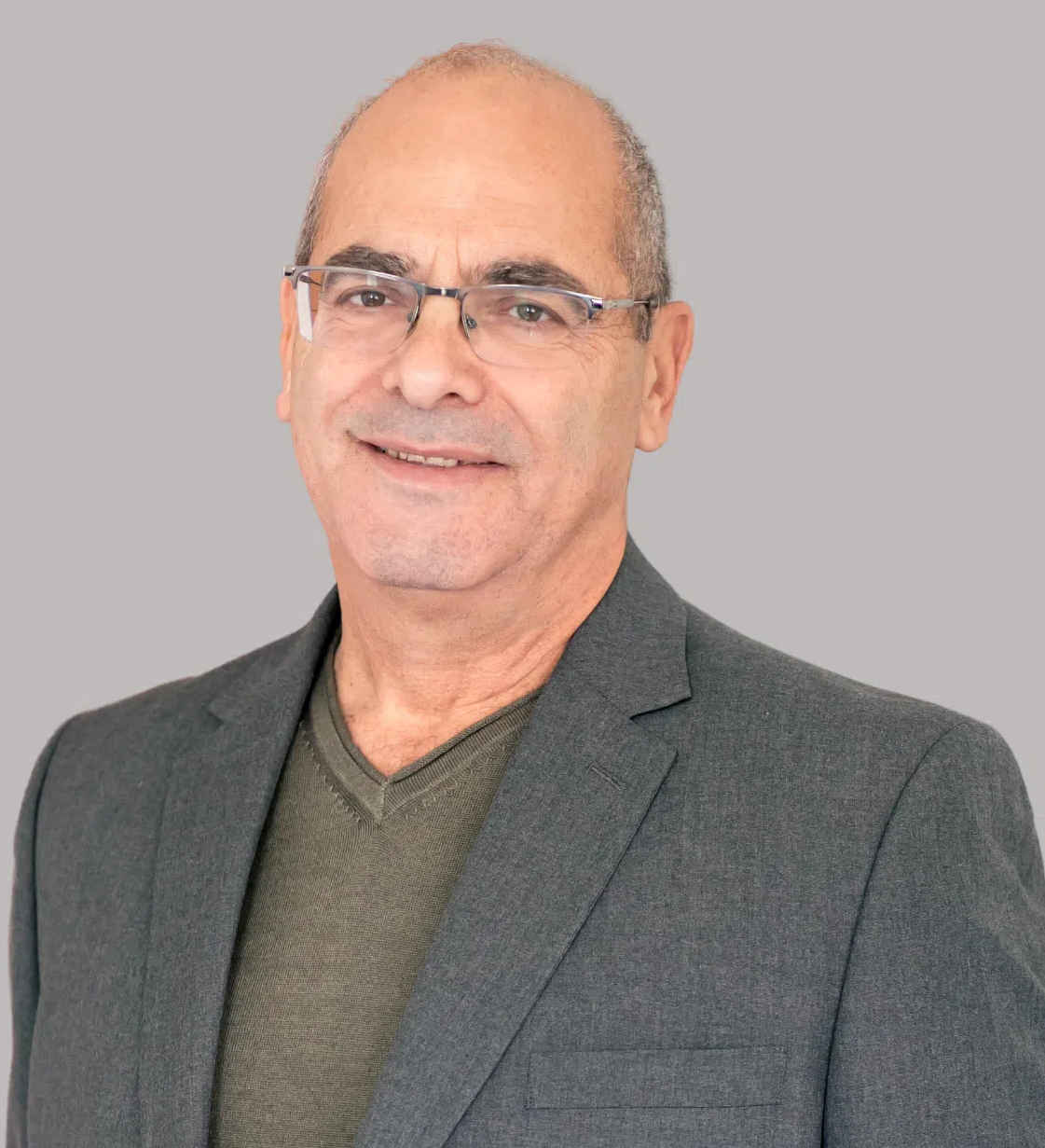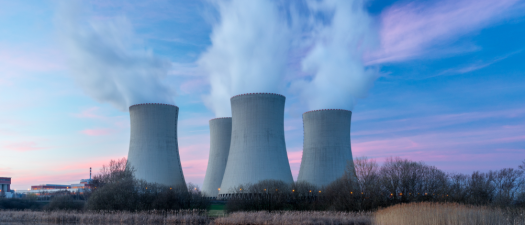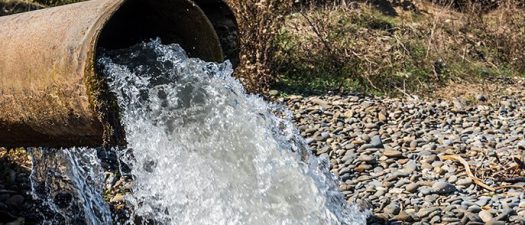Cooling Tower Blowdown – What is it all about? Cooling towers are widely used in many industries such as power generation, petroleum refining,.
The Future of Water: Sustainable Desalination in a Changing Climate

Climate change poses significant threats to global water security, impacting water cycles and the availability of freshwater. In a recent interview during the GWI conference, IDE’s CEO, Alon Tavor, spoke about the challenges and innovations in the desalination industry, the rise of sustainable practices and the role of technology in securing water for global populations. Here are highlights from this important interview:
Q: Can you describe the impact of climate change on water cycles?
A: Climate change significantly disrupts the natural water cycle, increasing the occurrence of droughts and affecting the availability of freshwater. These changes demand innovative solutions to secure water resources.
Q: What are the key trends in addressing these water challenges?
A: One major trend we are observing is water reuse. There is a growing consensus on the importance of utilizing every drop of water, which can significantly augment water supplies, especially in arid regions. Direct Potable Reuse (DPR) is gaining increased attention and acceptance, as it’s recognized that if it’s good enough for astronauts, it should be suitable for us too. A second prominent trend is desalination. In areas facing water scarcity, there is an expanding recognition that desalination can and should be considered a viable source of freshwater.
With these trends, we must continuously evaluate the environmental impact. Can we implement water reuse and desalination in more sustainable ways? And as carbon emissions reduction becomes a critical concern, can we desalinate water and enable carbon capturing at the same time? Can we combine both in a way that will create a shared value?
Q: How is IDE embracing sustainable desalination?
A: IDE is committed to sustainable desalination, focusing on reducing energy consumption and minimizing environmental impact. We believe that you can’t manage what you can not measure. Therefore, a year ago, we developed Life Cycle Assessment (LCA) methodology for desalination plants which enabled us to quantify the carbon emissions generated in desalination process and manage and measure carbon emissions effectively. As we began to measure, we analyzed our Hadera plant (operating for 15 years) and assessed our future plant which is Sorek II. We found out that by implementing several technologies, we could cut down 30% of the carbon emissions. When you consider the quantities that this plant is going to produce, multiplied by the savings, you’re talking about savings of over 150,000 tons of co2 emissions.
Q: What challenges do you face in making desalination more sustainable?
A: We need to desalinate, and we must reduce carbon emissions, no one argues about that. The main challenge is that people perceive sustainable desalination as substantially more costly than regular desalination processes. What people don’t know is that the cost of handling both needs in the same process is actually more efficient and less costly than doing it in parallel.
Q: How important is regulation in promoting sustainable desalination practices?
A: Regulations are crucial. At the end of the day, people need to decide whether they just talk about being environmentally friendly or actually take action. There should be very clear and specific regulation demanding the measurement of a desalination plants’ carbon emissions. Government agencies should mandate sustainability measures and reward practices that reduce environmental impact. This encouragement is essential for wider adoption of sustainable technologies.
Q: Can you provide examples of innovative solutions in desalination?
A: Reducing carbon emissions in the desalination industry involves a variety of strategies, rather than a single solution. A proficient technology company will employ a diverse set of tools and methods to create value efficiently. For instance, optimizing the use of solar energy, where typically 20 to 22% of annual hours are viable for solar power, can significantly enhance operational efficiency. Methods include increasing water production during peak sunlight hours or using energy storage systems like batteries, although we all know that batteries also have environmental drawbacks that need to be considered. Another strategy is on-site carbon capture at desalination plants, which reduces the need to manage emissions later. Additionally, producing chemicals directly at the plant minimizes emissions related to transportation.
Ultimately, these efforts are not just about immediate cost savings but also about long-term investments in sustainability. This comprehensive approach underscores that effective carbon management in desalination is not about quick fixes but involves a thoughtful combination of multiple technologies and operational adjustments.
Q: How does geography affect desalination practices?
Each geographic location presents a unique story. Being an expert in desalination in one region does not necessarily translate into expertise across different territories. So, does this mean our company operates decentralized to manage these regional specificities? Not exactly. We actually have a global engineering team based in India, Chile, the US, and Israel. This team is tasked not only with understanding local needs but also with integrating how we operate on a global scale. We actively exchange ideas and innovations across our locations. Although we assess the specific needs of each region through our local teams, from a technological and project perspective, we employ a consistent team with uniform skills across the board. This approach allows us to leverage our global presence while meeting local demands effectively.
Q: What future challenges do you anticipate in the water sector?
A: The deteriorating quality of seawater and the ongoing need to reduce carbon emissions are significant challenges. Additionally, supply chain disruptions have underscored the importance of resilient and adaptable systems.
Q: What is IDE’s vision for the next 12 months?
A: Over the next 12 months, our primary focus will be on raising awareness about the critical importance of sustainable desalination. In addition to continuing with new projects and further R&D, a significant effort will be directed towards educating all stakeholders. This education will involve end customers, regulators, utilities, developers, and financing bodies and will inform them about the possibilities and necessities of sustainable desalination. The goal is to emphasize that sustainable desalination is essential, environmentally feasible, and should be prioritized by all involved. It’s a collective mission that transcends individual companies or sectors, aiming to ensure the availability of fresh water at reasonable costs while protecting the environment for all.
Interested in learning more about how desalination can combat water scarcity, while minimizing environmental impact? Watch the full interview here.
















